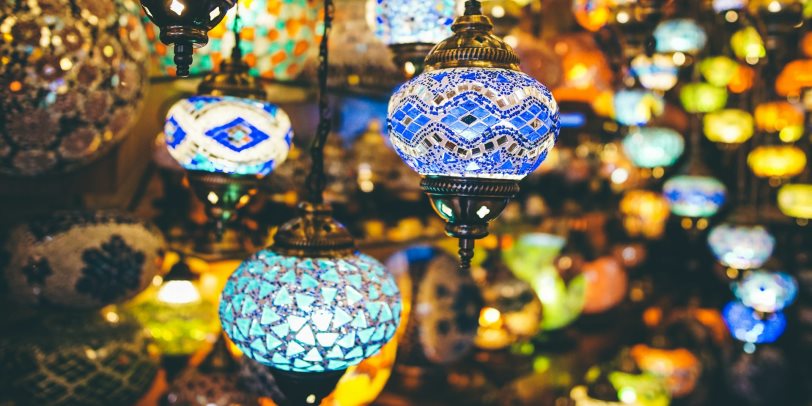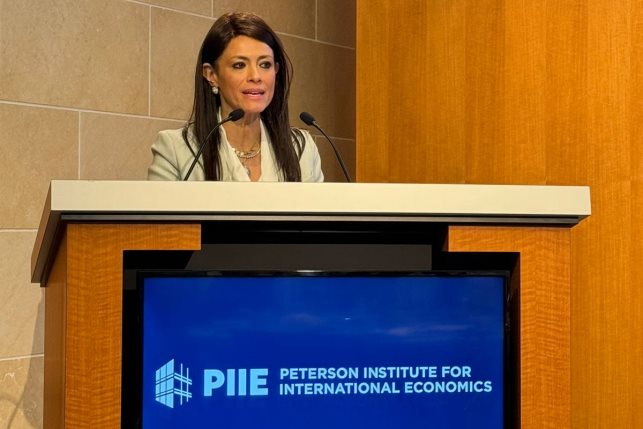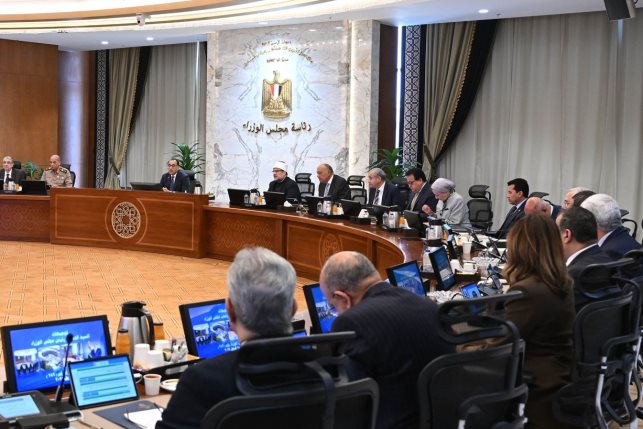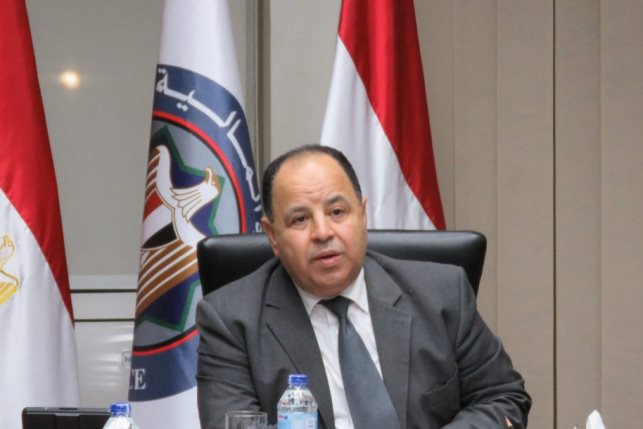How the pandemic accelerated brand purpose, for Ramadan and beyond: Op-ed
Chiara Manco, Commissioning Editor of Case Studies at WARC takes a look at how brands can navigate the upcoming Ramadan season

The 2021 Marketer’s Toolkit revealed that 78% of marketing executives surveyed agreed brand purpose is more important now as a result of the disruption to society in 2020. And, speaking with strategists from the region, it emerged that brands in MENA too are waking up to the potential of purposeful communications.
Shagorika Heryani, Grey MENA’s Regional Head of Strategy, said: “When you are in a pressure-cooker environment, you either come up with something amazing or you just fizzle out, and this is taking brands in exciting places.”
Looking at the past four years of the WARC Prize for MENA Strategy, it is apparent that brand purpose has always been a key area of focus for marketers in the region.
Purposeful work particularly peaks during the Ramadan season, which has traditionally emphasised the importance of togetherness, gratitude and doing good.
From ingenious charity drives – such as Egyptian hospital Baheya’s Sweet Donation – to work that seeks to appeal to our shared humanity – such as retailer Babyshop’s World Without Walls – past winners of the Prize make for a rich collection of purpose-led initiatives.

Baheya Cancer Hospital: The Sweet Donation
However, a year into the pandemic, there is a sense that the values of Ramadan go well beyond the holy month. The inability to spend time with our loved ones has led to a new appreciation of family time; the social impact of the pandemic has highlighted the importance of charity work all year round.
In the past, some brands have challenged the ‘Ramadan spirit’, inviting consumers to apply the same values to the rest of the year – as already surfaced by the Toolkit survey, this pre-existing push for purpose has now been accelerated.
So, how can brands best translate this opportunity into purposeful work that grows their businesses and makes a difference in consumers’ lives, for Ramadan and beyond?
A different Ramadan calls for different approaches
In the run-up to Christmas 2020, US media and creative agency McKinney released a report on how to help consumers navigate an unusual holiday season.
Finding that consumers felt overwhelmed and sought to find relief in the holiday season, the study concluded that marketers should focus on making them feel better through actions rather than ads.
Though a US study, I would argue these findings speak to what is now a universal human need for stability, happiness and respite from the chaos of the outside world. They also link back to a chance for marketers to benefit from the creation of purposeful consumer experiences that give their audiences the relief they need.
When looking to apply these learnings to Ramadan this year, however, a degree of caution must be observed. While consumers may feel the need to detach from reality and forget about the pandemic, we are still very much in its throes, with different territories at different stages of progress with vaccination programmes.
For an occasion such as Ramadan especially, which has always been synonymous with large family gatherings, the implications of ignoring the reality of the pandemic could be disastrous.
The challenge for brands is to communicate the spirit of Ramadan without much of the rituals that traditionally accompanied it, to create the sort of viral content that makes it ‘the Super Bowl of the Middle East’ without the crowds that would normally fill up the stadium. Hard, but not impossible.
According to Tahaab Rais, President – SLC and Regional Head of Strategy & Truth Central, FP7 McCann MENAT, there are cautious routes that marketers can explore to keep alive the values Ramadan has always stood for: “We can expect to see brands focusing on homes, on being thankful about the opportunities at home, on charity and giving help to those in need.”

Grab: Delivering Bazar Ramadan to every Malaysian home
The markets that have lived with the pandemic longer are the best source of inspiration on how to strike this delicate balance.
Ride-hailing and food-delivery app Grab in Malaysia, for example, recreated street-food bazaars online for Ramadan 2020, allowing people to still feel the festive spirit despite being in lockdown. And in India, matchmaking website Shaadi.com launched a wedding portal on Zoom that meticulously replicated all the hallmarks of a traditional ceremony.
Holding out a hand to consumers at a time when they felt the enjoyment of special occasions had been taken away from them, these brands offered their audience a glimpse of happiness and respite. Beyond words, they offered solutions, acting purposefully. Creating safe digital spaces, they enriched consumers’ lives without ignoring the reality of the pandemic, acting mindfully.
As a result, Grab grew new users of its app by 77% compared to the previous year, while Shaadi.com saw online engagement boosted by 300%.
Riding the wave all year round
Beyond seasonal marketing, brands should take advantage of this new push for purpose to create work that empowers audiences, whether it be entire communities, or simply at-home consumers.
Winning the WARC Prize for MENA Strategy Grand Prix in 2020 was telco Tunisie Telecom, with a campaign that made it easier for female farmers to access social security.
Despite happening pre-pandemic, this work underlines the newly-emerged need for marketers to focus on rural communities. This has come to the forefront for two reasons: lockdowns have led many migrant workers to move away from cities and back to their home villages; and countries’ recovery and growth can only be achieved if rural communities are given the opportunity to thrive.
In the words of Bitop Das Gupta, AVP and Strategic Planning Lead at Grey Bangladesh, winner of the 2020 WARC Prize for Asian Strategy Grand Prix with a similar social initiative targeting rural farmers: “The pandemic has created a desire for a fairer, more resilient and evenly distributed economy. The practice of democratising innovation will play a vital role in ‘building back better’ from the current crisis.”

Tunisie Telecom: Ahmini – The Uncovered
Another new area of focus for marketers is the home. In the spirit of being mindful and having audiences’ wellbeing at heart, brands have a chance to experiment with home experiences that make the overwhelming nature of lockdowns just that little bit more bearable.
For many, this will mean rapidly adapting their product or service to a digital platform.
Nike, in China, was among the first movers when the first lockdown hit, offering athletes live-streamed workouts they could follow from home through TikTok and WeChat. Another great example, though pre-dating the pandemic, is the Coke2Home initiative from India, which saw the soft-drink brand create a home-delivery service to allow World Cup fans to enjoy Coca-Cola without ever leaving their house.
Both brands were rewarded for their understanding of consumer needs: Nike witnessed a 30% increase in digital business, while Coca-Cola experienced a 10% volume growth.

Nike: Just Don’t Quit
One last word of advice
As the deadline for the WARC Prize for MENA Strategy approaches, we are excited to see how marketers will take these new challenges in their stride to create purposeful work that helps, supports and – perhaps most importantly – gives hope to consumers in such uncertain times. Inevitably, much of this purposeful work will take shape online, often involving tech and digital innovation.
While this is no doubt exciting, marketers should not forget that the core of brand purpose campaigns should be humanity, a push to truly make a difference in people’s lives.
In the words of this year’s Chair of the Judges, Microsoft’s CMO Middle East and Africa, Peter DeBenedictis: “No matter how much we digitise, we still need human contact. When thinking about strategy and how their business is going to evolve moving forward, marketers shouldn’t lose sight of the human element.”
Only by doing so can purposeful work be created, for Ramadan and beyond.
The WARC Prize for MENA Strategy first launched in 2017 to reward the smartest strategic thinking from the region’s marketing industry. Free to enter, the Prize is judged by a high-calibre jury of senior marketers and strategy experts, this year chaired by Peter DeBenedictis, CMO Middle East and Africa at Microsoft.
The 2021 WARC Prize for MENA Strategy is open for entries. Deadline is on 28th April. For more information on how to enter, email [email protected]




